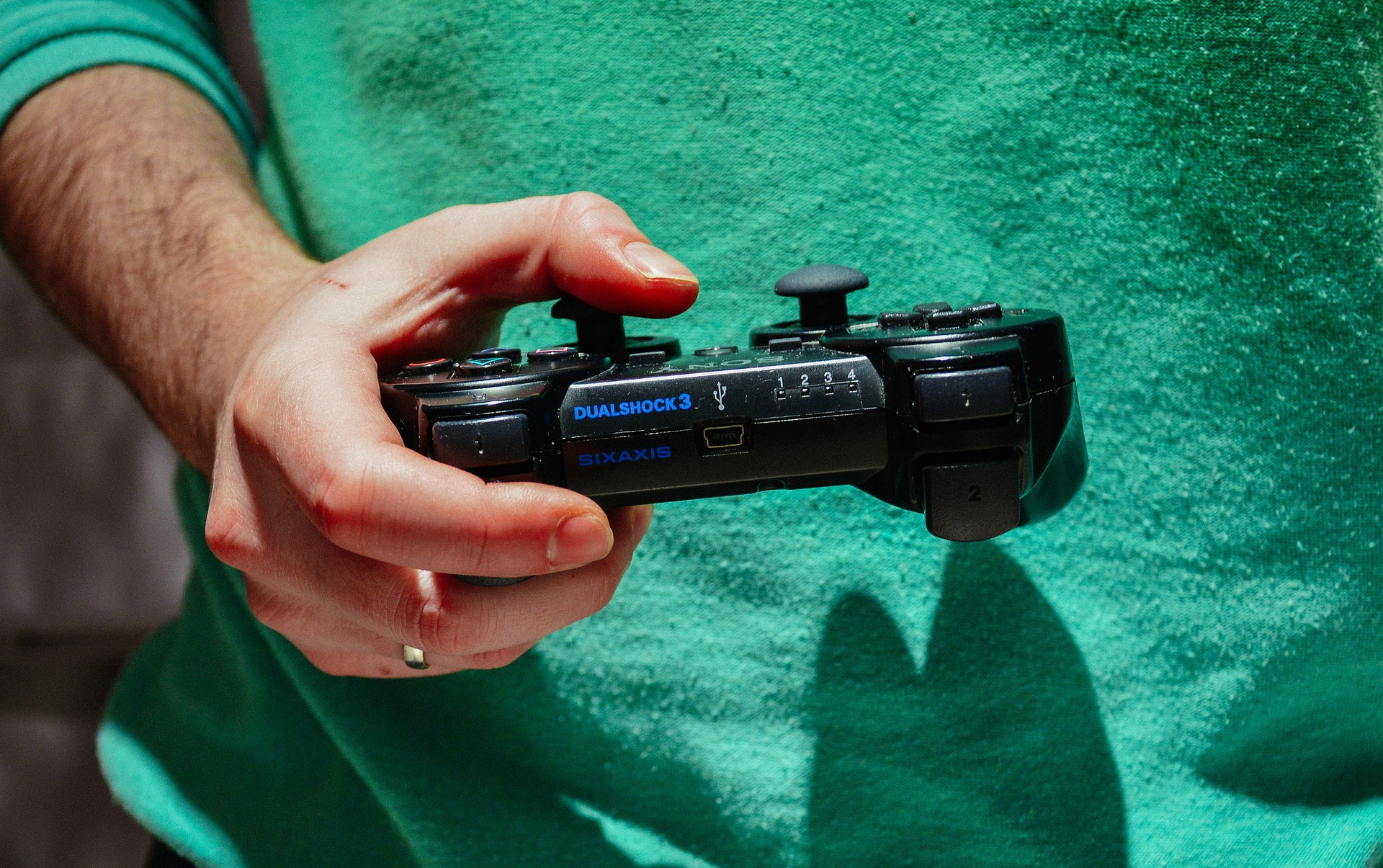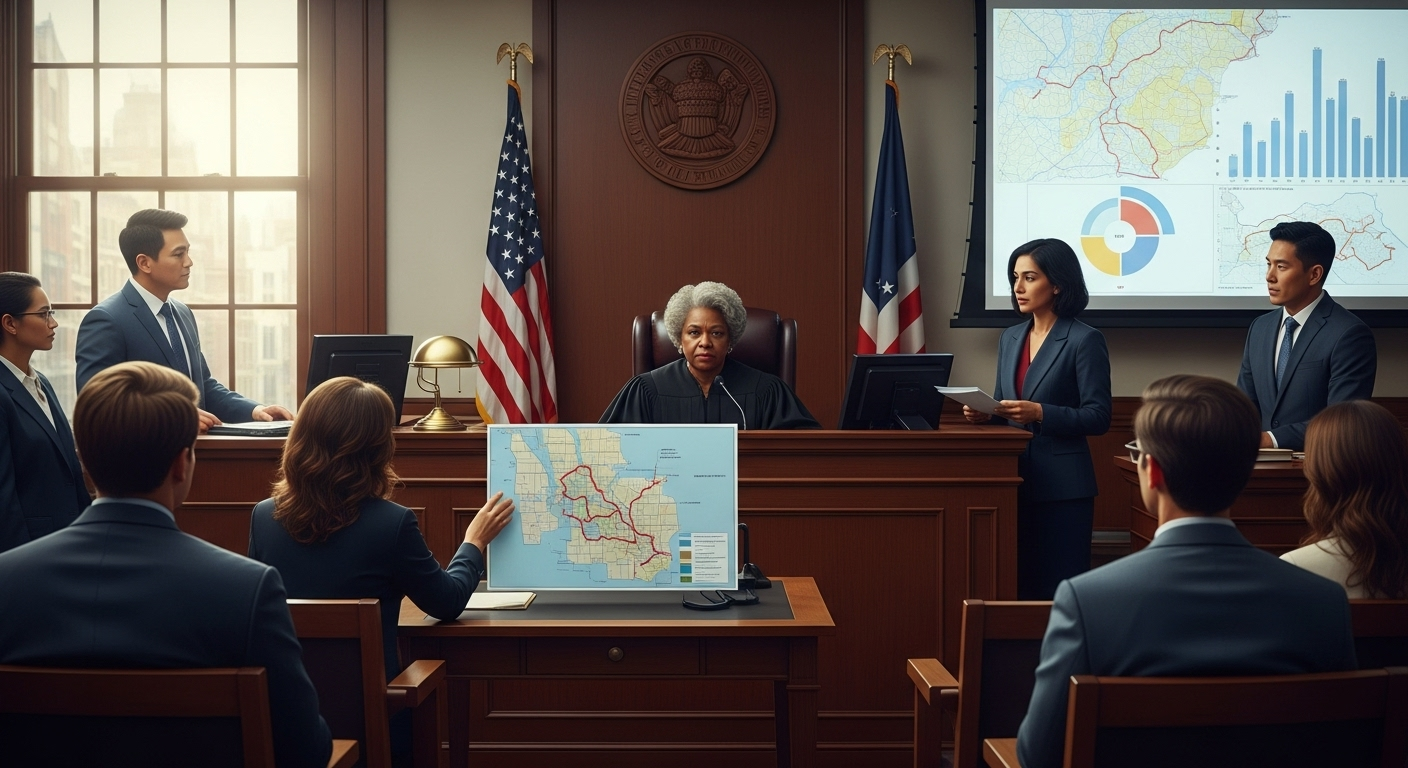Game Preservation: The Silent Crisis in Digital Entertainment
In an era where digital downloads and cloud gaming reign supreme, the preservation of video games faces unprecedented challenges. As hardware becomes obsolete and online services shut down, countless titles risk fading into obscurity. This crisis, often overlooked amidst the excitement of new releases, threatens to erase significant portions of gaming history. From legal hurdles to technological obsolescence, the obstacles are numerous, but dedicated preservationists are fighting to keep our digital heritage alive.
Legal Labyrinths and Copyright Conundrums
Preserving games is not just a technical challenge but a legal minefield. Copyright laws, designed to protect intellectual property, often hinder preservation efforts. Emulation, a crucial tool for playing outdated games on modern hardware, exists in a gray area of legality. Museums and archives face complex negotiations with rights holders to exhibit or preserve games, often resulting in limited access or complete unavailability. The legal framework surrounding game preservation lags behind the rapid pace of technological change, leaving many important works in limbo.
The Hardware Hurdle
As technology marches forward, older hardware becomes increasingly difficult to maintain and repair. Consoles from the 80s and 90s are already showing signs of age, with failing components and degrading media. Modern systems present their own challenges, with integrated batteries, online authentication, and complex firmware. Preserving the physical machines is just as crucial as saving the games themselves, requiring a delicate balance of engineering skill and historical knowledge.
Community Efforts and Grassroots Preservation
In the face of these challenges, passionate communities have emerged to take preservation into their own hands. ROM hacking groups work tirelessly to dump and archive game data, while modders create patches to keep games running on modern systems. Online archives like the Internet Archive’s Console Living Room provide access to thousands of classic games through browser-based emulation. These grassroots efforts, while sometimes operating in legal gray areas, play a vital role in preserving gaming history.
The Future of Game Preservation
As the industry grapples with these issues, new solutions are emerging. Some companies, recognizing the value of their back catalogs, are investing in official emulation and re-releases. Academic institutions are establishing game preservation programs, combining technical expertise with curatorial insight. Collaborative efforts between publishers, preservationists, and legal experts are working to create frameworks that balance copyright protection with historical preservation. The path forward is challenging, but the growing recognition of video games as cultural artifacts offers hope for a future where our digital heritage remains accessible to all.





